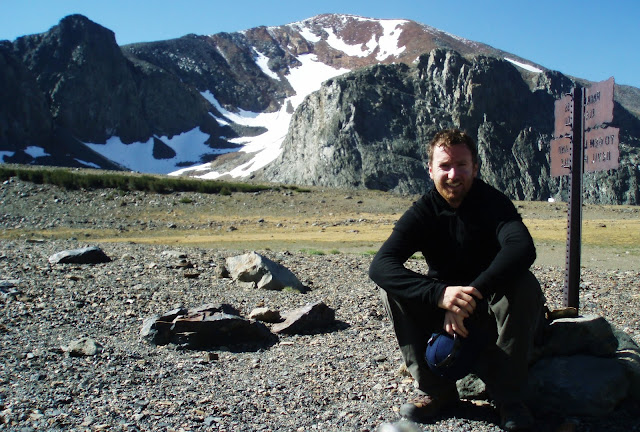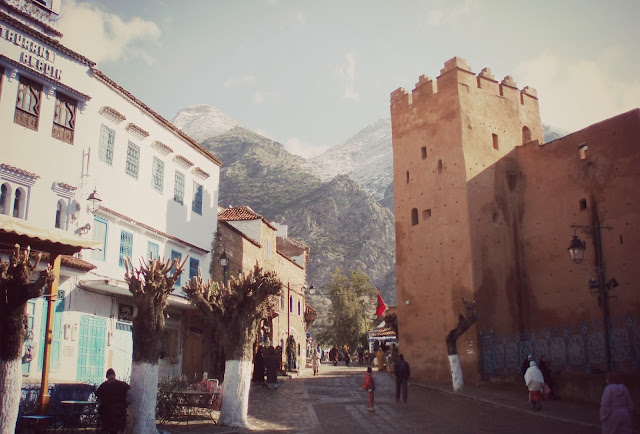With what can I compare the marketplace in Zomba? Perhaps a
giant festival, but like no festival to which I have ever been. This festival had no
central meeting area, but many hundreds of alleyways, corridors and crannies,
all packed with people with something to celebrate. It was difficult to move between them as they chatted,
laughed and sang. There was music, loud and crackly, screeching from scratched-up
cassette players. A man in a red Liverpool
football jersey danced knock-kneed and carefree in front of his stall of mobile phone chargers.
Instead of balloons and streamers
for decorations, the place was festooned with bundles of dangling onions, red,
brown and white. There were heaps of crisp green vegetables lined up on
concrete benches and a boy walked along the row with a bucket of water,
dipping his hand in and flicking water over the vegetables as though it was
confetti at a wedding. The water dripped onto the concrete floor below. I
walked past piles upon piles of tomatoes, firm and juicy, then baskets full of
potatoes. Over there, the fish, I could tell by the smell. On a wooden bench
sat the tiny dried fish, scooped into piles for ten kwacha, twenty kwacha,
fifty kwacha. On the next bench, the fresh chambo,
with scales wet and slippery.
Up above, from the branches of a tree, hung
second hand trousers. In the next tree, perched like migratory birds, were
discarded first world t-shirts of all the colours. A lime green Bob’s Plumbing, Ottowa, flapped next to a navy blue I love Adelaide, their slogans marks of their distant
homelands. They ruffled their feathers in the breeze.
Up the back, in brick rooms the size of broom cupboards, sat the tailors with pins in mouth, hunched over their sewing machines, busily constructing the flamboyant coloured dresses seen all over town. Next door was the electrical repairman, buried to his neck in the skeletons of old televisions and video players, as though he was slowly turning into one of these mechanical devices. The clanging of metal led me past the pots, watering cans and hoes. Alongside these, within a cloud of flies, was where the meat was cut up and sold. Carcasses hung by a hook, limbs and organs scattered around, and live chickens clucked with rightful concern from inside tiny cages.
My first trip to the market was
like arriving at a party where I knew nobody, and I was for some reason wearing only my underpants. People stared. Their eyes fixed on me as
soon as I entered their vision, and they followed my path, not looking away
until I was gone. Others responded with exuberant amazement, as though they had
been waiting all day just to see me, and now finally I had arrived. “Aah,
mzungu!” they called, waving me over, “Buy tomatoes? Nice price! Special-special!” Young men crouched in groups talking conspiratorially, old
women sat on benchtops, their legs stretched elegantly before them, as they
shelled peas and laughed with their neighbours.
It was noisy, but not the way traffic or machinery is noisy. Warm, happy
noise.
The market's jumble of wooden
stalls was surrounded by a two
metre high metal fence, but during the day vendors spilled outside this barrier and filled the surrounding streets. This creature would not be contained. The
streets became part of the market itself; like tentacles extending from the
main body, they entangled passers by, dragging them against their will into the
hungry mouth of the marketplace.
With practice I learned that this is no 'quick duck out to the shops' shopping experience, but a social occasion requiring handshakes, laughter, banter, bargaining and promises of future visits. Compliments were exchanged, and customer/vendor loyalty was built.
But what was it they were celebrating? Maybe it was the raw vitality of life itself; the colour and smell, the very feel of this moment in time. In a life stripped back to the basics, where there is no need to rush from here to there (for what is more important than being here, now?), a trip to the market was a fine way to spend some time.
2004
I don't have many photos from the market because I found that by taking out my camera I immediately felt like an observer rather than a participant in the moment.
But what was it they were celebrating? Maybe it was the raw vitality of life itself; the colour and smell, the very feel of this moment in time. In a life stripped back to the basics, where there is no need to rush from here to there (for what is more important than being here, now?), a trip to the market was a fine way to spend some time.
2004
I don't have many photos from the market because I found that by taking out my camera I immediately felt like an observer rather than a participant in the moment.
 |
| The smaller Mpondabwino market nearby. |





.jpg)






































